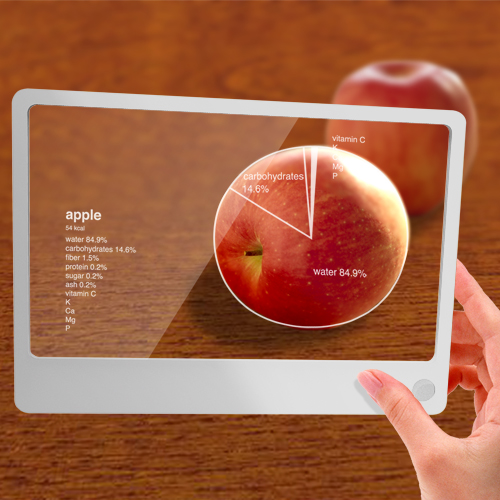I've had this feeling lately that I don't really know what I'm doing/where I'm going with this project. I get the basic concepts of technology and education; that it's good to have technology in the classroom and that technology/web 2.0 helps students pay attention and more actively engage in the learning. But I've had this thought that all of this is just like: "Oh, duh. Tech stuff is cool." So, I talked to Miller and he helped me to decide to investigate the challenges faced by technology in the classroom. I had already thought about challenges, but the only one's I could think of were monetary or involved the teachers themselves.
This website I found lists some of the major challenges that education and technology face. Although money is listed as a challenge, it is less a lack of money in the school and more a lack of money at home that is worrisome. Many schools in urban, poverty-stricken areas may have access to technology at school, but the children are not able to use computers at home because the parents cannot afford it. Without access to computers at home, the technology in school does not have the desired affect because the kids spend more time learning basics than anything that would actually help. This brings me to another point mentioned on the website, about how, on average, students only spend around forty minutes a week on the actual computer, which is no where near enough time to actively learn from the computer. Kids would need to be on the computers much more often to get a real benefit from them.
One of the final points that the website mentions is the involvement of the teachers in the technology. The teachers need to actively embrace the technology if it is to be any good. The teachers need to plan lessons around technology, not just have technology be something cursory that is thrown in there because the the board of education wanted it. If a teacher uses the technology, so will the students. The students will embrace it if the teacher will. But, if the students can sense that the teacher doesn't really care, the students will not care either.
So, the future for my project looks pretty good. I have a plan, and I just need to figure out what tools I want to use. I am planning on using a movie picture site, where the pictures get mixed together to create a movie. I just have to finish up some research next week and then start the presentation.
Hello world!
5 months ago


